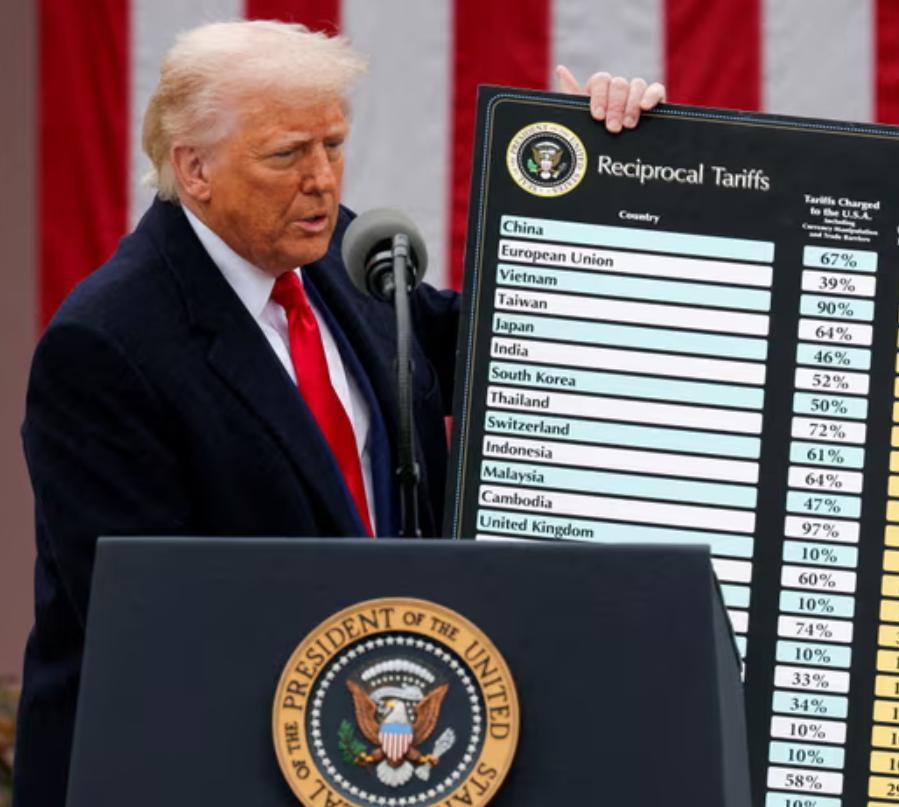- A federal court ruled Trump overstepped his authority by using emergency powers to impose global tariffs.
- The Trump administration plans to appeal and continue negotiations, confident the decision will be overturned.
- Critics call the ruling a win for checks and balances, while Trump allies blame “activist judges” and the “deep state.”
The Trump administration isn’t backing down from its global tariff crusade—even after a federal court slammed the brakes on its emergency trade powers. On Wednesday night, the U.S. Court of International Trade ruled that Trump didn’t have the legal authority under the International Emergency Economic Powers Act (IEEPA) to slap tariffs on dozens of countries. Still, officials are brushing it off like it’s just a speed bump.
Kevin Hassett, head of Trump’s National Economic Council, went on Fox Business the next morning, calling the ruling a “hiccup” caused by “activist judges.” According to him, nothing’s changing. He said the U.S. is pushing forward with talks, warning that countries not on board with Trump’s trade plan should expect more tariffs soon. Meanwhile, Deputy Assistant AG Brett Shumate told another court this week that striking down the tariffs would “kneecap the president” in trade talks and emergencies alike.
The Legal Pushback—and Trump’s Game Plan
Trump originally used the 1977 IEEPA to declare trade deficits and the fentanyl crisis as national emergencies, giving himself cover to issue sweeping tariffs—including against Canada, China, and Mexico. But the court flat-out rejected that move, saying the law doesn’t hand over that much power. Hassett, however, stood his ground. “If the fentanyl crisis isn’t an emergency, I don’t know what is,” he said, confident the appeals court will overturn the ruling.
Despite the ruling, Trump’s team is pressing forward like nothing happened. Hassett confirmed a 10% baseline tariff is staying in place, with higher duties delayed until July 9 to leave room for negotiation. He claimed the administration already had three near-complete trade deals on the table and that even if they lose the appeal, other legal tools like Section 301 or Section 232 are waiting in the wings.
White House Fires Back at Judges, Critics
The administration didn’t hold back in lashing out at the ruling. Kush Desai, deputy press secretary, slammed the judges as “unelected” and claimed it’s not their place to question how the president handles national emergencies. Jason Miller went even harder on Fox Business, accusing the judiciary of being part of the “deep state” trying to block Trump’s agenda.
This full-on offensive reflects a now-familiar tactic from Trumpworld: frame every legal defeat as sabotage from inside the system. The idea that judges are overstepping their roles is being pushed hard, especially with more court fights brewing across multiple fronts.
Not All Republicans Are Aligned
Interestingly, not every GOP voice is cheering Trump’s strategy. Sen. Rand Paul took to X to praise the court’s decision, saying it upholds the Constitution’s intent to keep taxing powers in Congress—not in the hands of a single president. “No one person should control trade policy,” Paul posted, highlighting the divide even within Trump’s own party when it comes to executive power.

As the July deadline approaches and more legal sparks fly, the world—and the markets—are watching closely to see just how far the Trump administration is willing to go to push its trade agenda through, court rulings or not.

















